
Jamie Dimon warns: 'Now may be the most dangerous time the world has seen in decades'
JPMorgan Chase CEO Jamie Dimon kicked off third-quarter earnings season Friday with a stern warning to investors: "Now may be the most dangerous time the world has seen in decades," he wrote in the company's report.
2023-10-13 19:48

UK inflation slides to 13-month low, stays elevated
Britain's annual inflation rate struck a 13-month low in April, official data showed Wednesday, but remains elevated at 8.7 percent as soaring food prices offset weaker...
2023-05-24 18:16

Biden uses executive power to create a New Deal-style American Climate Corps
Environmental activists are praising President Joe Biden's New Deal-style American Climate Corps
2023-09-20 22:51

Nissan shareholders back board at first AGM since striking alliance deal
By Maki Shiraki and Daniel Leussink TOKYO (Reuters) -Nissan Motor shareholders on Tuesday backed Chief Executive Makoto Uchida and other
2023-06-27 12:22

PGA Tour and European tour agree to merge with Saudis and end LIV Golf feud
The most disruptive year in golf is coming to an end
2023-06-07 01:16

Scandinavian Firms Show Large ESG Gaps on Cusp of New EU Rules
Scandinavian countries with a reputation for upholding green credentials are far from perfect when it comes to their
2023-09-08 14:56
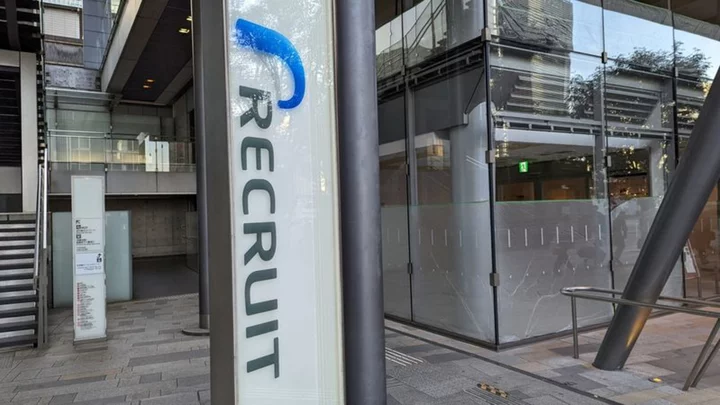
Exclusive-ValueAct takes stakes in Recruit and Expedia, says they are poised for strong growth
By Svea Herbst-Bayliss NEW YORK ValueAct Capital Management has bought stakes in job search site Indeed's parent Recruit
2023-11-15 22:28
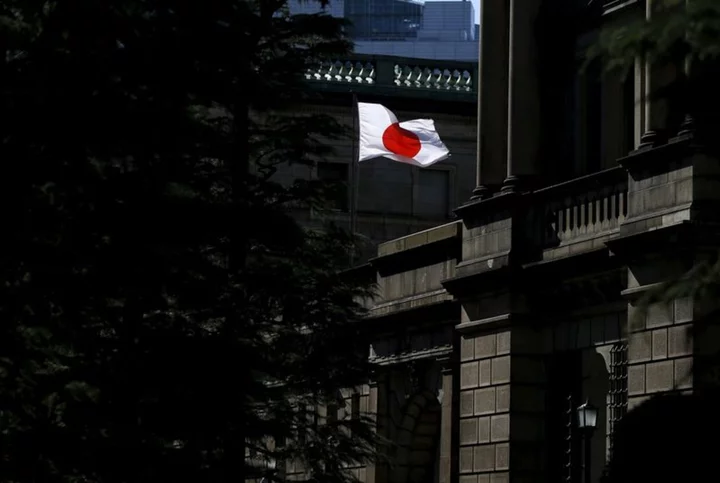
Japan's govt cuts growth forecast, sees inflation exceeding BOJ target
By Leika Kihara TOKYO Japan's government cut this year's economic growth forecast but expects inflation to sharply exceed
2023-07-20 14:24

FantasTech Sale II, Newegg’s Big Fall Extravaganza, Offers Incredible Deals on Must-Have Tech Products
CITY OF INDUSTRY, Calif.--(BUSINESS WIRE)--Oct 9, 2023--
2023-10-09 20:57

Ukraine Recap: Drone Attacks Reported Over South Ukraine, Crimea
Massive drone attacks were reported in southern Ukraine and over Russian-occupied Crimea hours after President Vladimir Putin vowed
2023-07-18 14:48
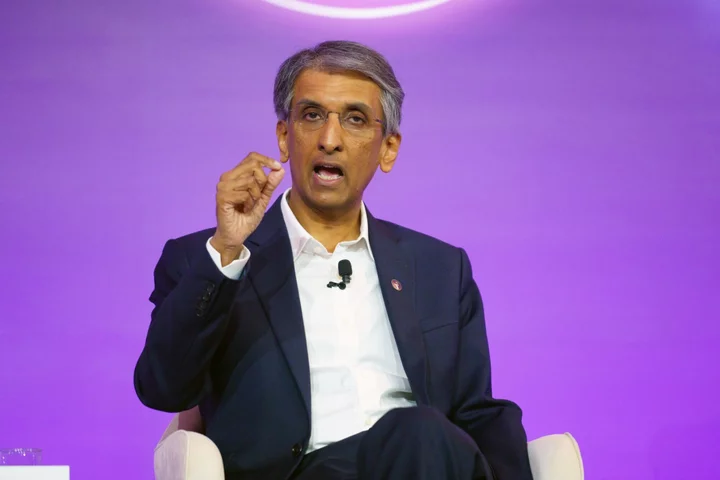
Temasek Posts Worst Performance in Seven Years as Markets Slump
Singapore’s state-owned investor Temasek Holdings Pte warned of an uncertain road ahead as it chalked up its worst
2023-07-11 16:25

Powerball jackpot is up to $1.4 billion after 33 drawings without a winner
An estimated $1.4 billion Powerball jackpot that has been growing since July is about to be on the line
2023-10-07 13:27
You Might Like...
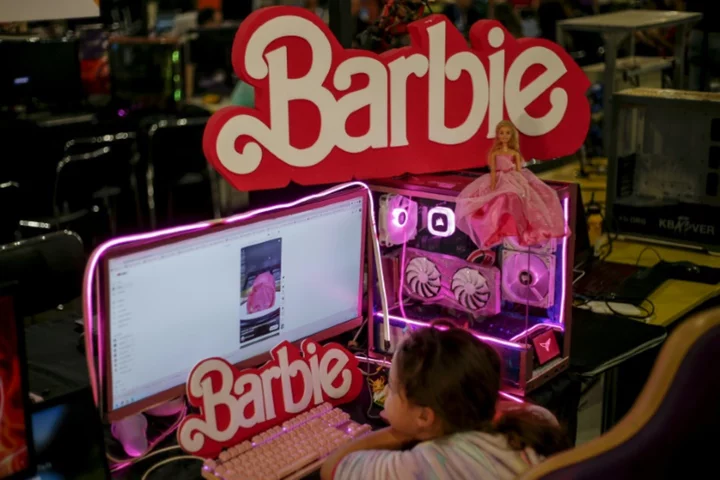
Mattel reports profit dip despite glow from 'Barbie' blockbuster

Oil dips on demand worries after unexpected U.S. crude build

Who is Irma Daniels' husband? Widower identifies son as suspect in New Jersey realtor's murder

Building Industry Association Partners With SoCalGas to Inspire Next Generation of Builders With Junior Builder Camp
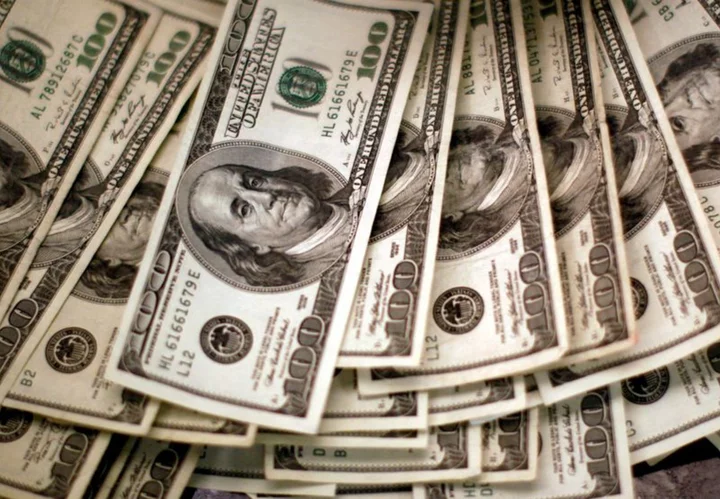
Dollar set for best week versus yen in three months after Powell speech

Berlin, Intel strike controversial chip plant subsidy deal

Bond Bulls at JPMorgan, Allianz Double Down on Bet Gone Bad

The Fed is at odds with itself. That's a feature, not a bug
